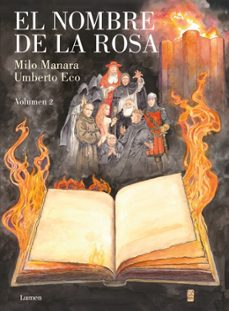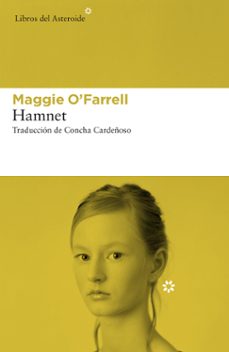📗 Libro en inglés THE INTERNET GALAXY
OXFORD UNIVERSITY PRESS- 9780199255771
Sinopsis de THE INTERNET GALAXY
Castells, best known for his three-volume study The Information Age (Blackwell), an analysis of societal changes wrought by communications advances, trims that work to appeal to readers who were daunted by its 1,200 pages, $80 paperback price and ponderous prose. In this excellent, readable, nontechnical summary of the history, social implications and likely future of Internet business, Castells, professor of planning and of sociology at Berkeley, covers institutions like the World Wide Web Consortium, which ''presides over the protocols and development'' of the Web, and phenomena like the Internet''s immense ability to simultaneously liberate and exclude. There are still too many sentences like ''It is fair to say that most hackers live normal lives, at least as normal as most people, which does not necessarily mean that hackers (or anybody else) fit into the ideal type of normalcy, conforming to the dominant ideology in our societies,'' leaving readers wondering if hackers'' lives are normal or not, and whether he''s trying to give a sociological side lesson. Those willing to overlook such prosodic lapses will appreciate the astute accounts of, e.g., the complications for early grassroots online citizen networks headed by community activists, but seen by many as an opportunity to move beyond their local community.''
Ficha técnica
Editorial: Oxford University Press
ISBN: 9780199255771
Idioma: Inglés
Número de páginas: 292
Encuadernación: Tapa blanda
Fecha de lanzamiento: 18/11/2003
Año de edición: 2003
Plaza de edición: Oxford
Especificaciones del producto
Escrito por Manuel Castells

Manuel Castells es catedrático emérito de sociología y de urbanismo de la Universidad de California-Berkeley y catedrático de comunicación de la Universidad del Sur de California. Ha enseñado en la Universidad de París, en la Universidad Autónoma de Madrid, en el MIT, en la Universidad de Cambridge, en la Universidad de Oxford, en la Universidad Tsinghua de Pekín y en la Universitat Oberta de Catalunya. Su trilogía "La Era de la Información" ha sido traducida a veintiún idiomas. En 2020-2021 fue ministro de Universidades del Gobierno de España.
Descubre más sobre Manuel Castells Recibe novedades de Manuel Castells directamente en tu email
Opiniones sobre THE INTERNET GALAXY
¡Sólo por opinar entras en el sorteo mensual de tres tarjetas regalo valoradas en 20€*!






























